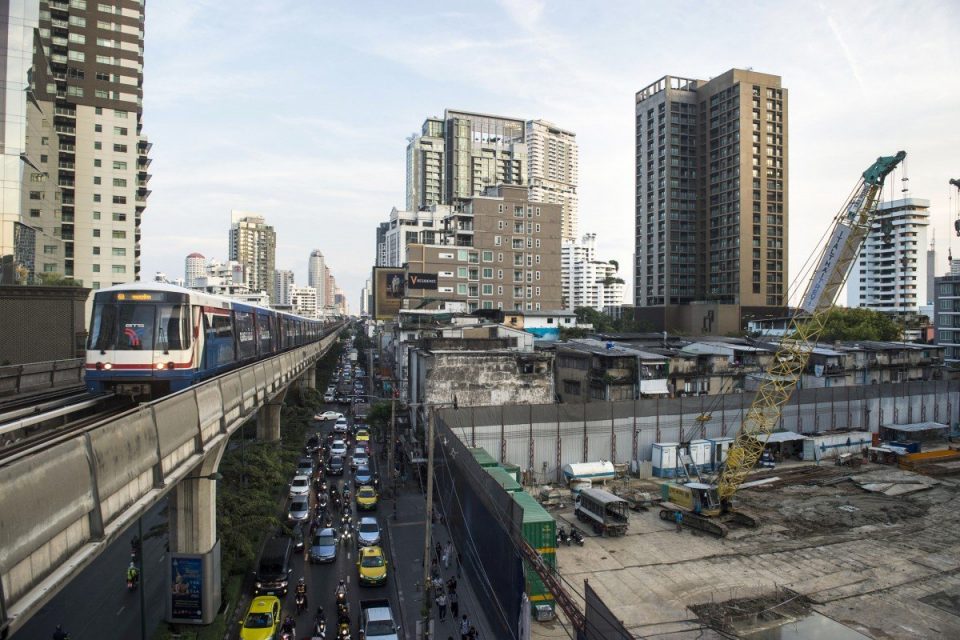Thailand gives the green light for US$7.4 billion high-speed rail link between Bangkok and Pattaya
- The rail link was approved after months of negotiations and disputes
- A consortium led by CP Group, which includes China Railway Construction Corporation, will be building the 220km railway line
Thailand’s plans for a new US$7.4 billion high-speed rail link from Bangkok to the tourist town of Pattaya got the go-ahead on Thursday after months of negotiations that spilled over into public acrimony.
The Thai government said it had signed an agreement on Thursday to begin construction with a consortium led by conglomerate Charoen Pokphand (CP) Group and including China Railway Construction Corporation.
Some Japanese banks have also agreed to provide part of the financing for the link, which will span 220km (137 miles) and is expected to start operating in 2023.
The government approved 119 billion baht for the investment, while the private sector will invest 117 billion baht.
After the 50-year project period, all assets will be transferred to the government. Other terms of the agreement were not made public.
CP Group and 12 other companies were selected for the project by Thailand’s former military government.
They have been in negotiations with state agencies since a new government came to power after elections in March but there have been disputes about land transfers and the distribution of risks.
In early October, Deputy Prime Minister Anutin Charnvirankul, whose party is in charge of the transport portfolio, set a deadline for signing the agreement to start construction, threatening to blacklist the CP consortium if they failed to so.
CP chairman and Thailand’s richest man, Dhanin Chearavanont, criticised the government’s approach to the project in a dispute with Anutin over the delay in signing the agreement.
However, as the deadline closed in CP announced it would sign the agreement a day early on October 24.
The project will link Bangkok’s main airport Suvarnabhumi to Don Muang airport – another airport in Bangkok used by low-cost carriers – and Pattaya’s U-Tapao airport, enabling trains to travel at up to 250km/h (155mph), according to the project’s website.
“This project will have investments and employment with a total value of more than 200 billion baht,” Anutin wrote on Facebook, adding that it would attract more investment to Thailand.




